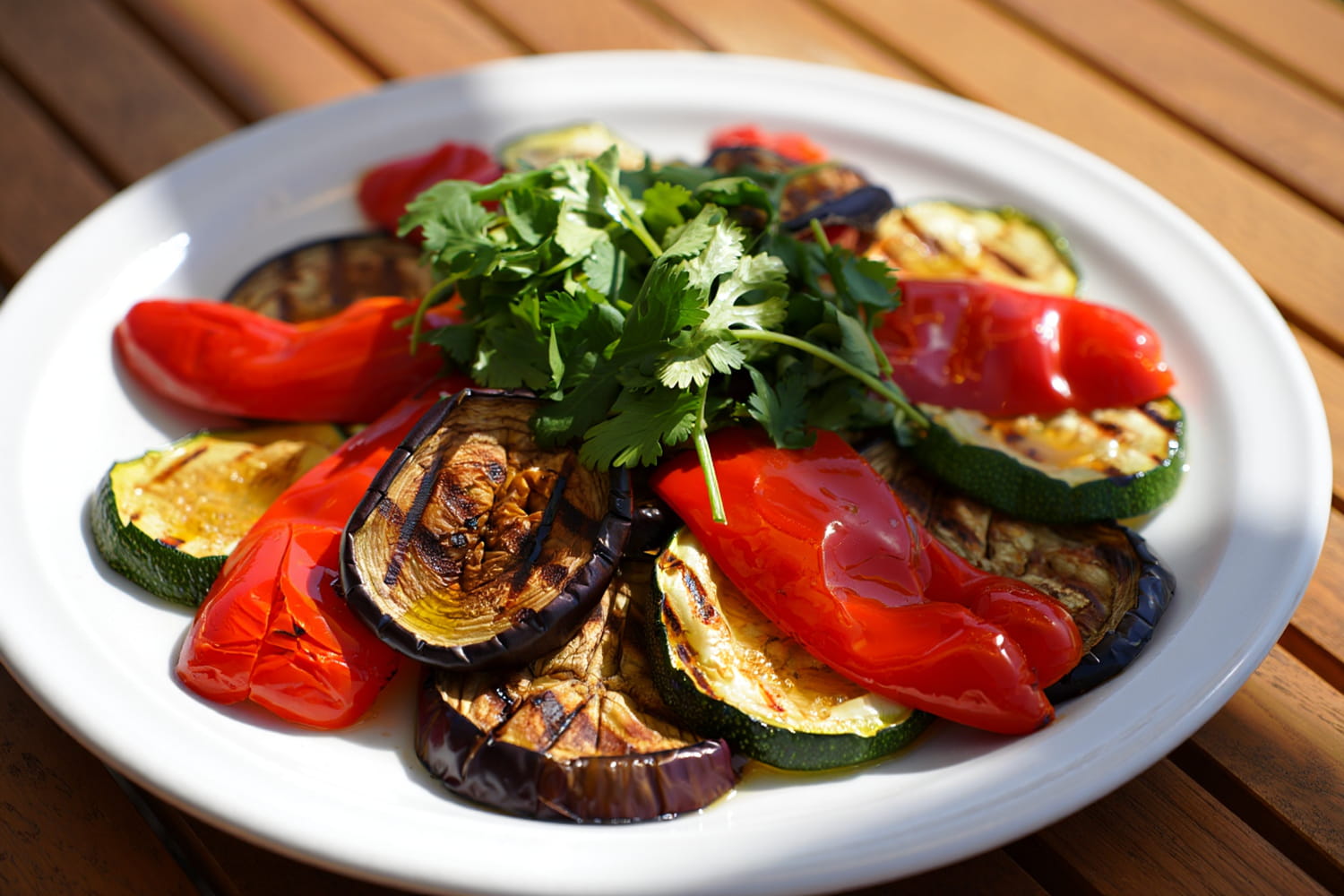Some of its compounds would act on the brain as a natural tranquilizer.
Palpitations, thoughts that get carried away, ball in the stomach … Anxiety is much more than a simple stress. This disorder, which would concern an eighth in the world’s population, represents a real public health issue. Faced with the limits of current treatments, often associated with side effects, research explores other tracks. Indian researchers have thus studied a very common plant, the effectiveness of which would be “almost similar to that of diazepam”, active molecule of Valium ©.
To carry out their experience, the researchers have prepared a hydroalcoholic extract from the dried fruits of the plant and administered it to mice, then compared their reactions to those of a control group and a group treated with diazepam. Several anxiety tests have been established and their behavior have been analyzed. Their results published in the journal Indian Journal of Pharmacology Show that the extract “at doses of 100 and 200 mg/kg has produced anxiolytic effects almost similar to those of Diazepam”. The mouse treated spent more time in the open areas of the labyrinths and interacted more with their fellows: two signs of reduction in anxiety. The study highlights the probable effect of two of its components: Linalol, present in its essential oil, with relaxing and sedative properties, and flavonoids, including “of which”Anxiolytic activity can be similar to that of diazepam (…) because flavonoids and diazepam are structurally similar“.
The plant responsible for these effects is a well -known flavor, which is not unanimous: coriander. For genetic reasons, some people find that its taste resembles that of soap. Used for centuries in traditional Indian, Mediterranean and Asian medicines, it seems promising today for people with anxiety.
Easy to integrate into food, infusion, diffusion or fresh in dishes, coriander seems to act in animals as a natural tranquilizer, without the side effects of synthetic drugs. However, these results remain to be confirmed in humans. The complement coriander therefore does not replace treatment or medical advice.








